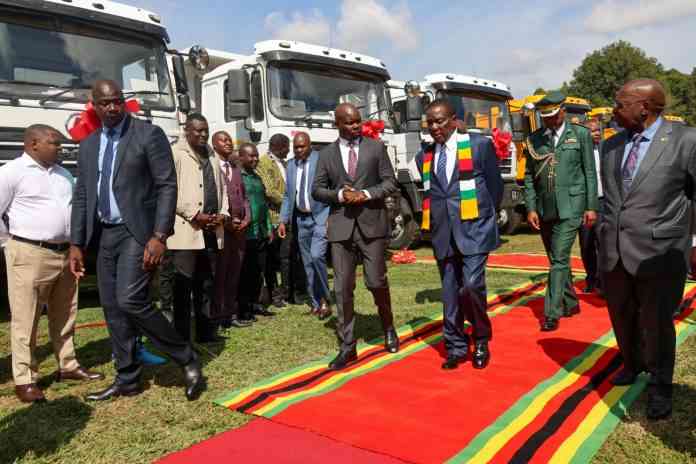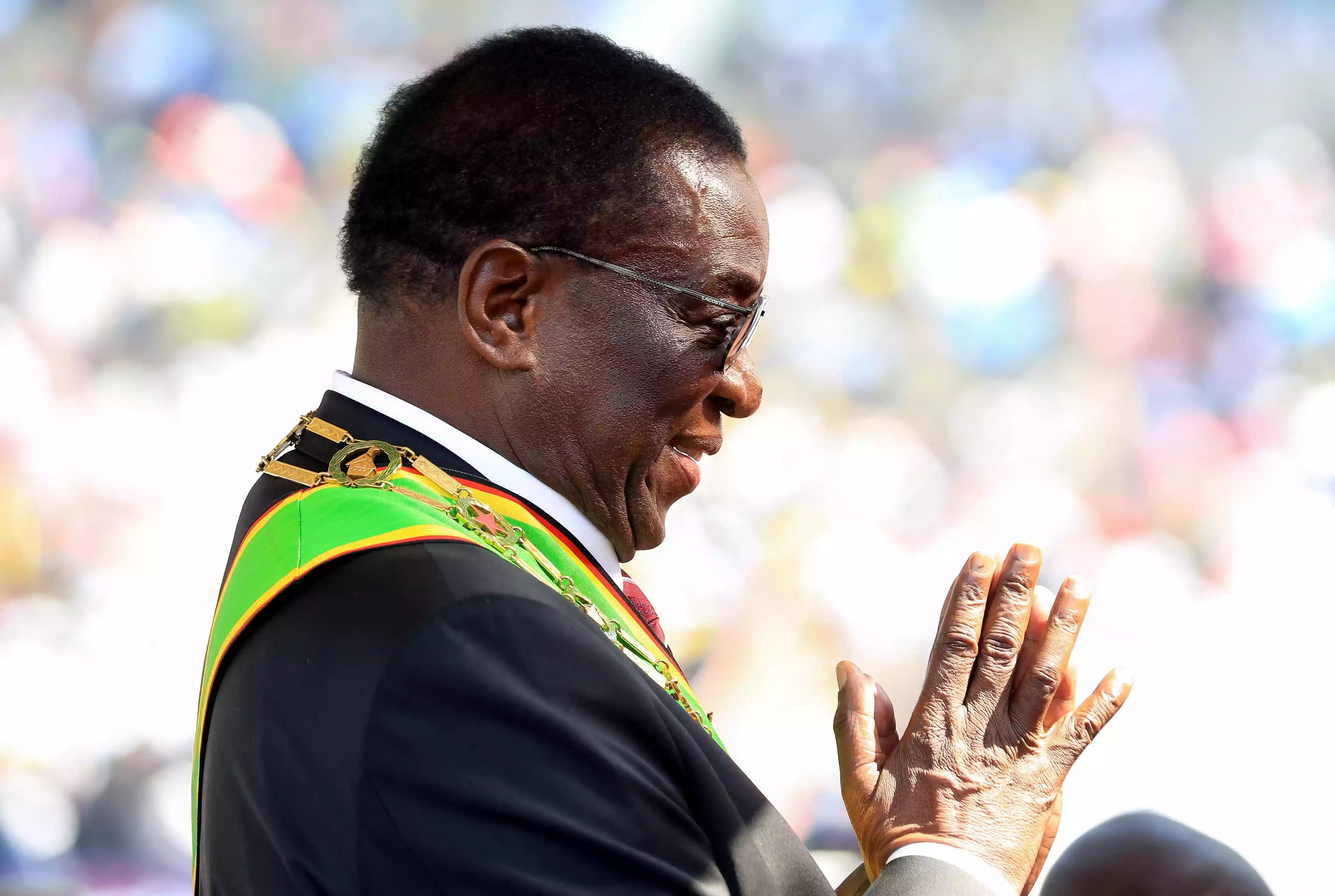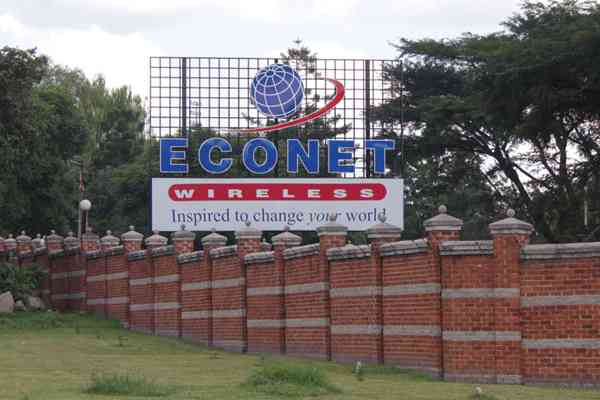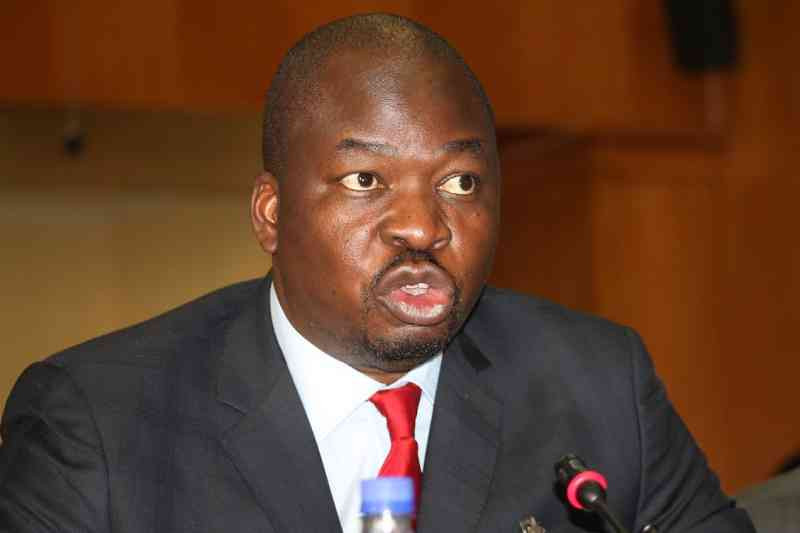
PRESIDENT Emmerson Mnangagwa’s recent handover of tipper trucks to youths under the Youth Empowerment Programme raises serious questions about fairness, accountability, and the politicisation of state resources.
While the initiative is framed as a nationwide effort to support income generating projects, the lack of clarity on source of funding — and the alleged exclusion of non-Zanu PF youths — suggests that this could be less about economic empowerment and more about political patronage. The most critical issue is the source of the funds.
If this programme is financed by taxpayers, then it is a gross injustice to limit benefits to Zanu PF-aligned youths as alleged. Public resources must serve all citizens equally, regardless of political affiliation.
The government has an obligation to disclose whether this money came from the fiscus or from Zanu PF. If it is indeed state-funded, then the selection process must be transparent, competitive, and open to all qualifying youths — not just those loyal to the ruling party.
However, if the funds are from Zanu PF, then the party has every right to distribute them as it pleases. But in that case, the programme should not be branded as a government initiative.
Blurring the lines between party and state undermines democratic principles and fosters a dangerous perception that access to opportunities depends on political loyalty rather than merit.
From the look of things, this scheme appears to follow a familiar pattern in Zimbabwean politics — where state or quasi-state resources are selectively distributed to reward supporters and entrench loyalty.
Similar programmes in the past, such as the controversial Command Agriculture scheme, were marred by allegations of favouritism and mismanagement, with benefits disproportionately channelled to Zanu PF loyalists.
- Corruption Watch: Get scared, 2023 is coming
- Corruption Watch: Get scared, 2023 is coming
- Letters: Ensuring Africa’s food security through availability of quality seeds
- Is military's involvement in politics compatible with democracy?
Keep Reading
If only Zanu PF youths are benefiting, then this is not empowerment — it is a political tool disguised as economic policy. True youth empowerment should be inclusive, targeting unemployed and entrepreneurial young people across the political spectrum.
Even if the programme were genuinely inclusive, past experiences with government-funded empowerment schemes raise red flags about accountability. Without proper monitoring, there is a high risk of abuse — trucks could be diverted to party elites, sold for personal gain, or used as leverage to coerce political support.
To prevent this, the following measures must be implemented: Full disclosure of funding sources, transparent beneficiary selection criteria, independent oversight, and legal consequences for misuse.
Civil society, auditors, and youth representatives should monitor distribution to prevent corruption.
True empowerment requires fairness, accountability, and above all — integrity. The government must come clean on where the money is coming from, who qualifies, and how the programme will be safeguarded from abuse.
Anything less is an insult to the millions of young Zimbabweans struggling to build a future in an economy that has struggled to deliver for many years.











